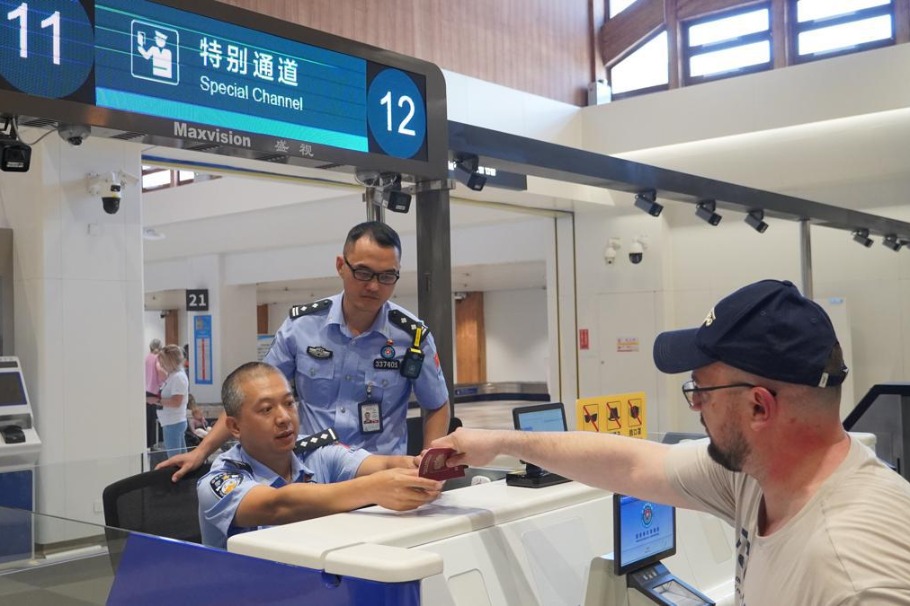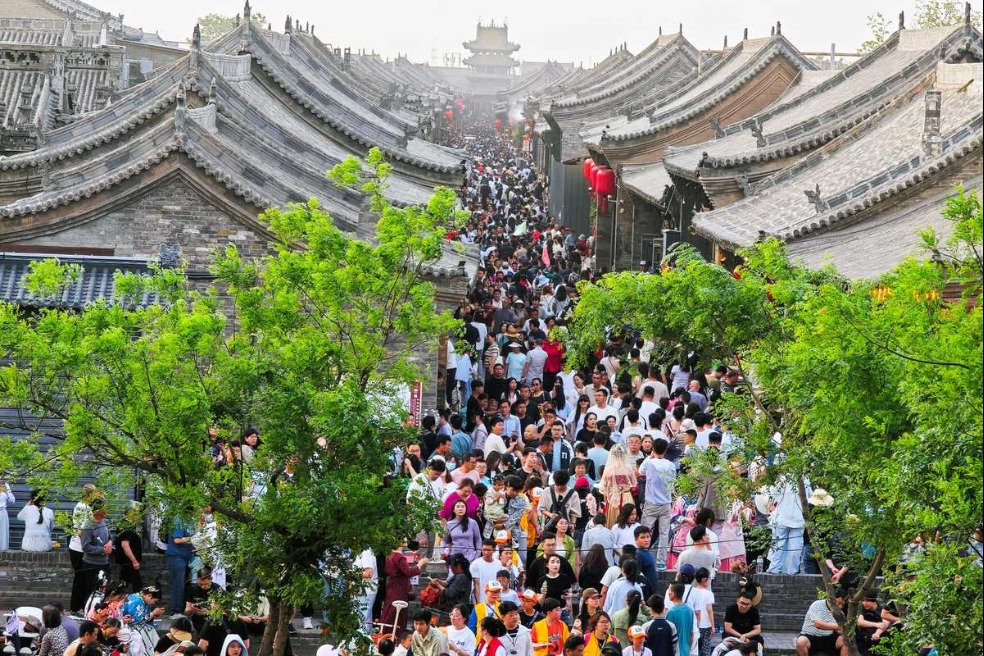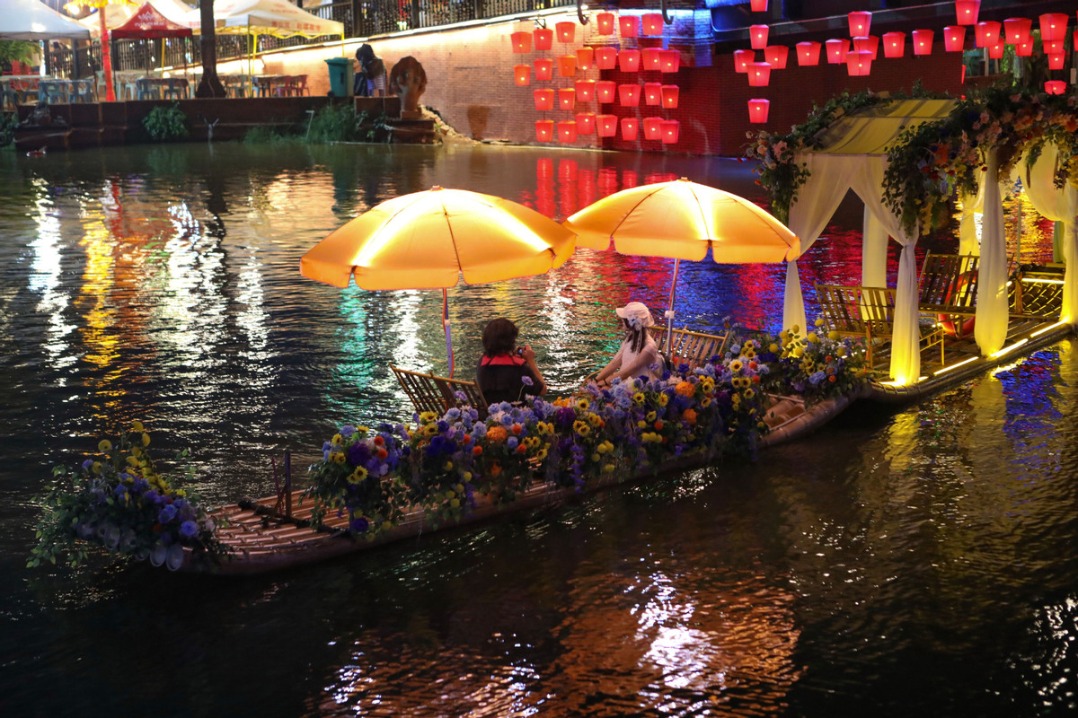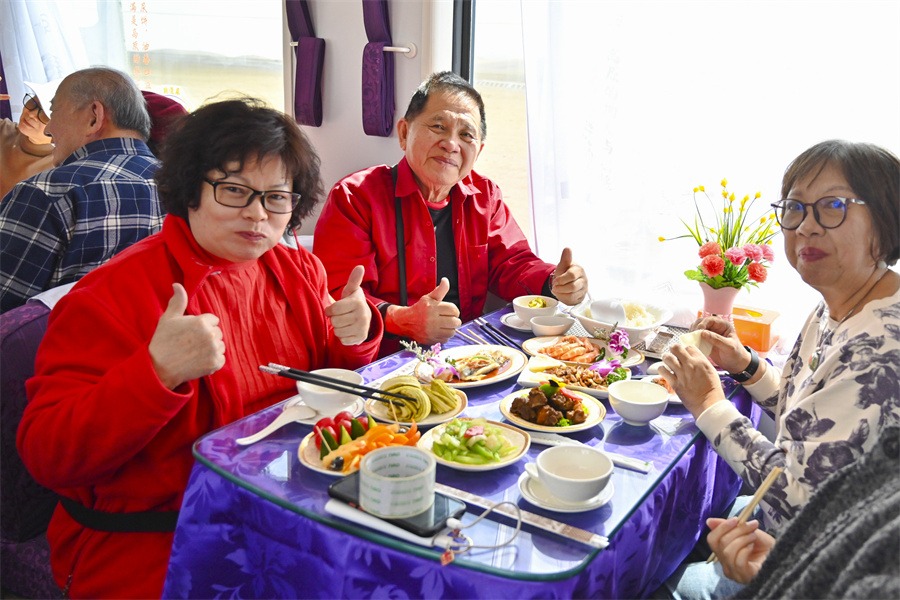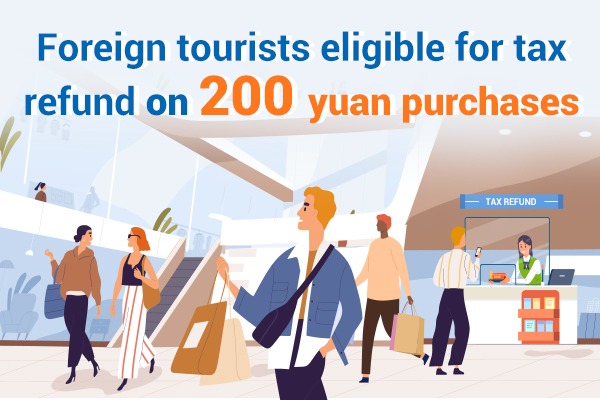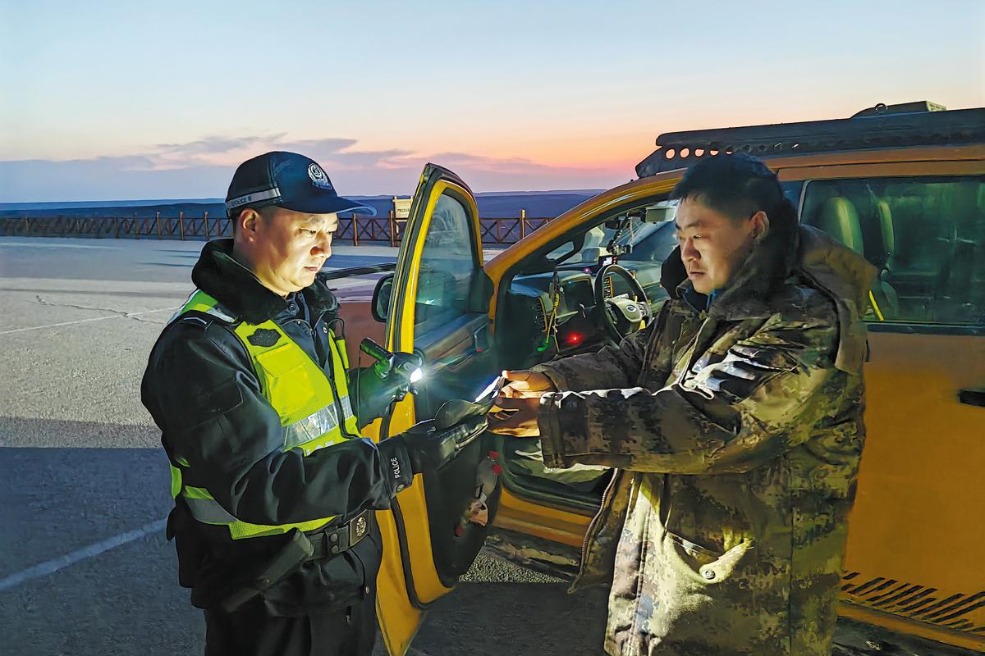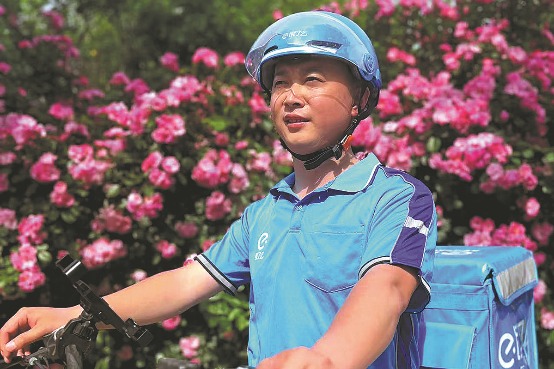HK leader pledges to boost tourism appeal
Lee says SAR aims to address issues such as internet connectivity to improve visitors' experiences

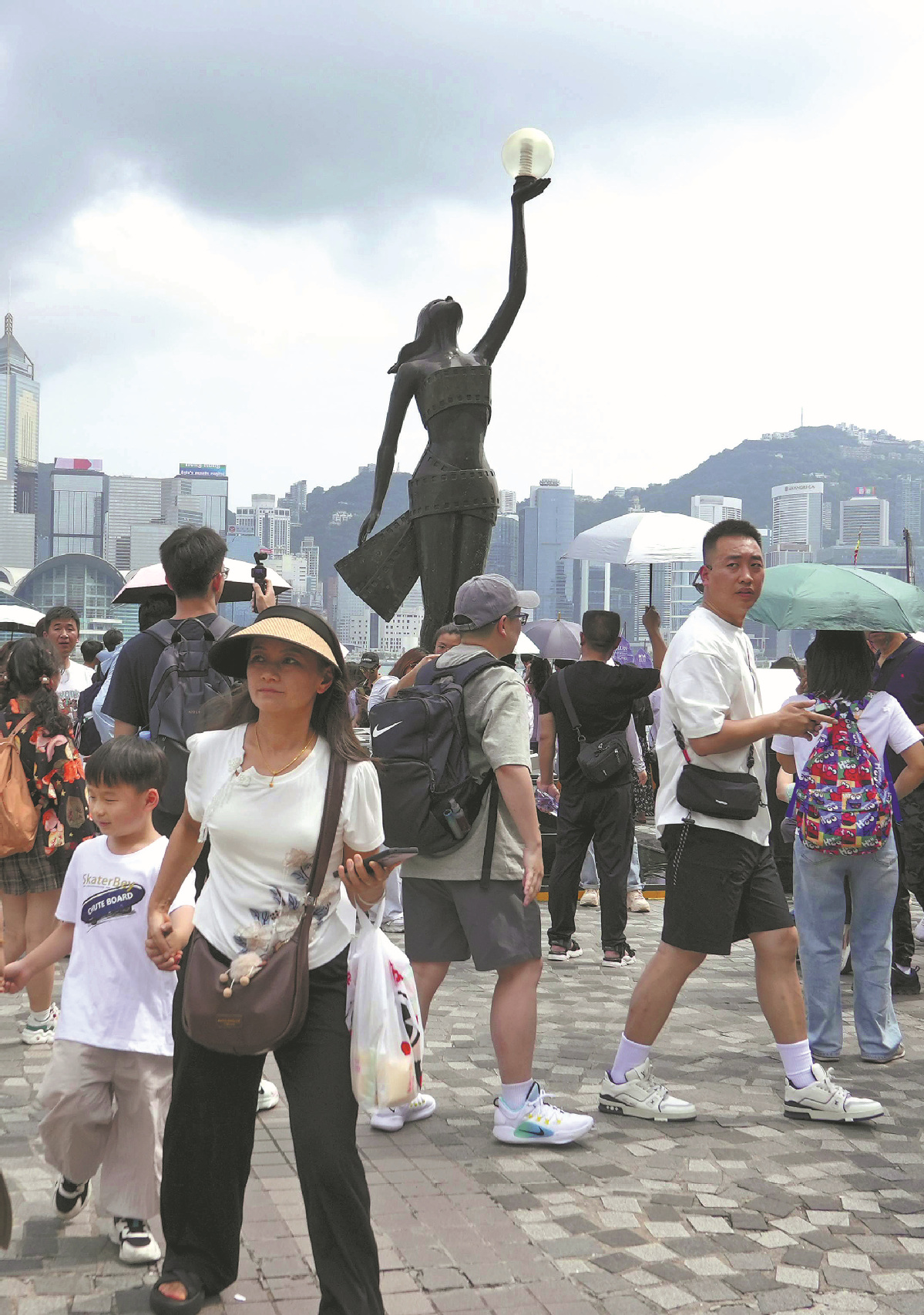
Hong Kong Chief Executive John Lee Ka-chiu said on Tuesday that the city welcomes all tourists and will use technology and data to better understand their preferences and enhance sightseeing.
Lee's commitment followed a surge in tourism during the recent May Day holiday. The city logged 1.1 million inbound visitor trips from Thursday to Monday, a 22 percent increase compared with the same period last year.
Hong Kong receives its largest number of tourists from the Chinese mainland during the five-day May Day holiday.
Speaking before the weekly Executive Council meeting, Lee described the holidays as a time of "prosperity and bustling activity" for Hong Kong.
The increase in tourism figures was mainly driven by a 20 percent increase in mainland tourists and a 30 percent hike in travelers from other locations.
Lee noted that popular attractions, theme parks and sightseeing buses were crowded, creating a lively atmosphere and significantly boosting the catering and retail sectors. Some bars in the popular nightlife hub, Lan Kwai Fong, reported business surging by 40 to 50 percent, while jewelry, cosmetics and dried seafood stores recorded a 40 percent increase in sales.
While public order and safety were maintained during the holidays, Lee acknowledged room for improvement in the tourist experience. This includes providing more information on crowd levels at key attractions and enhancing internet and mobile signal capacities in areas with high visitor concentration.
The Mass Transit Railway's Lok Ma Chau Station, a transportation hub connecting to Shenzhen's Futian checkpoint, experienced high passenger traffic on Friday. Many mainland visitors faced issues generating QR code tickets due to an overloaded network.
Lee said he has instructed the Culture, Sports and Tourism Bureau, along with other government departments and industry stakeholders, to review holiday arrangements using technology and collected data. They will report to the interdepartmental working group on festival planning, chaired by Chief Secretary for Administration Eric Chan Kwok-ki.
Improvements will also focus on analyzing tourist preferences, such as eco-tourism and trips driven by social media "check-in" spots. Authorities will also monitor influencer and mainland media recommendations to diversify sightseeing offerings and improve visitor experiences.
When asked about mainland "special forces-style" travel — characterized by low budgets and intensive itineraries popular among mainland youngsters for their high cost-performance ratios — Lee said Hong Kong is adapting to emerging tourism trends, emphasizing its role as a hospitality city.
"We should welcome all types of tourists and cater to the preferences of visitors," he said, stressing that while spending habits vary, all visitors contribute positively to the local economy.
Francis Fong Po-kiu, honorary president of the Hong Kong Information Technology Federation, told China Daily that uneven distribution of network signals among telecom operators often caused internet connectivity issues in crowded public places. He explained that the problem is amplified during holidays as many tourists using roaming mobile data are concentratedly connected to just one or two of Hong Kong's telecom carriers when crossing the border.
Fong suggested that expanding 4G or 5G bandwidths at border crossings during holidays could yield immediate results. In the long term, he recommended that mainland and Hong Kong telecom carriers optimize mobile phone roaming modes.
William Wong Kam-fai, a legislator and engineering professor, said that current efforts primarily focus on remedial measures such as adding internet capacity when networks are overloaded.
He believes these measures are inadequate for addressing emergencies during border clearance processes.
Wong urged relevant authorities to predict tourist numbers before major holidays and conduct advance tests and rehearsals on the network's carrying capacity.
Another lawmaker, Vincent Cheng Wing-shun, representing the Kowloon West geographical constituency, suggested using technology to display real-time waiting times at attractions and exploring the implementation of reservation systems to prevent excessive tourist concentration in certain areas.

















